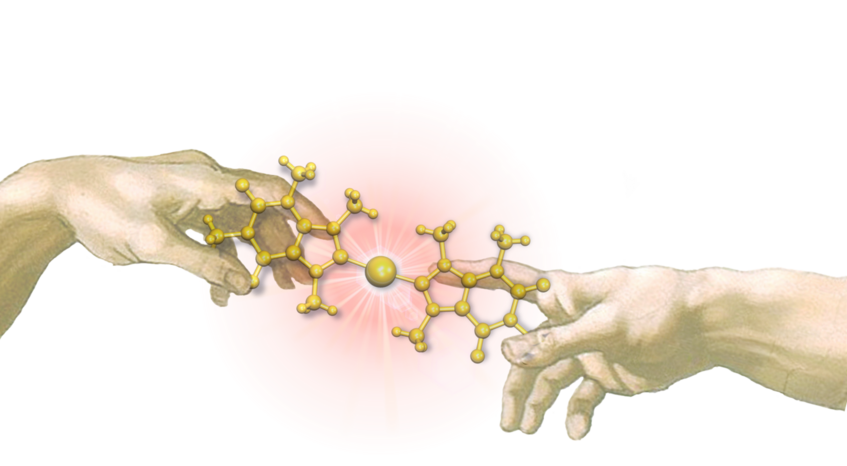
Research

Research Outline
At the Institute of Analytical Chemistry, our group aims to develop novel methods and strategies to improve our understanding of drug candidates and investigational compounds. These methods employ post-genomic techniques based on mass spectrometry to elucidate drug targets and their mechanisms of action. A special focus lies on the analysis coordinative inhibitors and modulators by metalloproteomics. Our research integrates these methods with synthetic efforts to design probes, preclinical cell models and bioinformatic evaluations. We are equally interested in disease pathophysiology and drug exposure in the clinical setting.
01 | Mechanisms of action
Over the past years, we have established chemo proteomics in our group to assess target landscapes of coordinative inhibitors and modulators and used this to identify and validate protein targets. For example, we identified plecstatin-1 as a first-in-class modulator of the cytolinker and scaffold protein plectin (https://onlinelibrary.wiley.com/doi/abs/10.1002/anie.201702242). Additionally, we evaluate cellular responses to drug treatments by proteomic response profiling (https://chemistry-europe.onlinelibrary.wiley.com/doi/10.1002/chem.202003495).
02 | Anticancer strategy beyond cytotoxicity
In an effort to develop novel preclinical models for anticancer research, we focus on the concept of normalization, which stems from biomodulatory anticancer therapy and immunotherapy. Normalization therapy aims to remodel cancer cells into functional phenotypes instead of cancer cell killing. Recently, we established a proteomic platform that enables to test for normalization in AML cancer cells in vitro (https://www.frontiersin.org/articles/10.3389/fchem.2022.826346/abstract).
